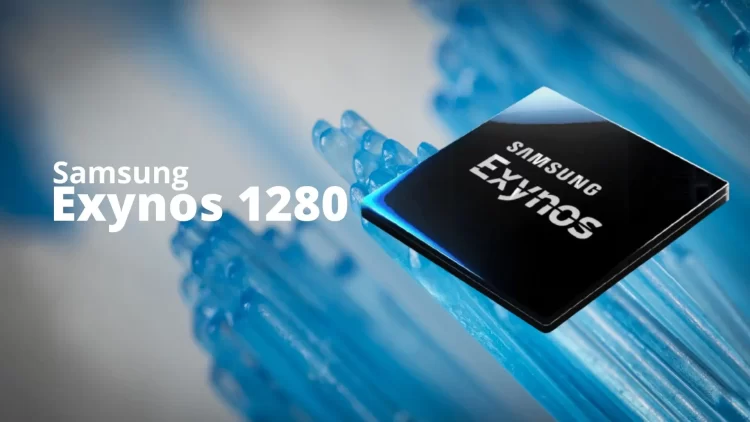The Samsung Exynos 2400 has been the subject of recent leaks and rumors that have sounded quite promising. They all discussed the 10-core CPU cluster’s performance. We did not, however, really have a good idea of how much better it will be than the opposition. then put another way, how much superior will it be to the Apple A16 and Snapdragon 8 Gen 2?
The Samsung Exynos 2400 will reportedly provide a significant performance gain, especially in the multi-core market, according to the most recent rumor. The forthcoming SoC is reportedly 30% faster than the Apple A16 Bionic, to be accurate. The advantage over the Snapdragon 8 Gen 2 is significantly greater, as you could have guessed.
Before moving on, if you are interested in what Samsung has to offer this year., you might also want to check out everything that was announced at Samsung Unpacked 2023.
Contents of the Samsung Exynos 2400 leak
The Geekbench 5 multi-core performance test results for the Exynos 2400 are now more clear thanks to the leak. The forthcoming Samsung chipset is shaping up to be a serious competitor to the Qualcomm Snapdragon 8 Gen 3 and Apple A17, based on the data that has been made public.
The single-core and multi-core Geekbench 5 scores of the SoC are 1711 and 6967, respectively, according to the tweet posted by @OreXda. The average single-core and multi-score, which were 1530 and 6210 respectively, were also shared by him.

You must first look at its improvement over the previous before you can compare it closely to the scores of the Apple A16 and Snapdragon 8 Gen 2 processors. Exynos 2200’s single-core and multi-core performance scores were 1109 and 3534, respectively.
In other words, the company significantly improved the Samsung Exynos 2400’s multi-core performance. Even the improvement in single-core performance is impressive!
Therefore, the next Samsung SoC is 31% faster than the Snapdragon 8 Gen 2 found in the most advanced flagships right now. Surprisingly, the Samsung Exynos 2400 outperforms the Apple A16 Bionic in speed. But there’s a catch, which you may have noticed after seeing the figures.
Regarding single-core performance, the Apple A16 Bionic was not outperformed by the Samsung Exynos 2400. The iPhone 14 Pro Max achieves a single-core score of 1871 on Geekbench 5, and a multi-core score of 5344. The Samsung SoC’s single-core performance was at its peak when it came to 1711.
Even so, the difference is not particularly noteworthy. Most notably, even in its peak performance, the Snapdragon 8 Gen 2 was unable to outperform the Samsung Exynos 2400. In case you weren’t aware, the 8 Gen 2’s top single-core score on Geekbench is 1600. The Samsung SoC is therefore superior in both respects. Hopefully, the GPU experiences the same situation.
Yes, the Samsung Exynos 2400’s single-core and multi-core performance is really excellent. But there are still a lot of open issues. First off, it’s unclear whether the SoC was tested in a product for sale. Furthermore, if Samsung did test it on an engineering sample, it would be simple to make changes to obtain more cores.
That takes us to our second issue: the temperature. @OreXda made no mention of the Samsung Exynos 2400’s operating temperature. In order to avoid temperature throttling, Samsung may have conducted the testing in a colder setting.
Recent rumors, however, do indicate that Samsung’s 4LPP+ process has improved more than its previous 4nm technology overall. In light of this, we anticipate that the Samsung Exynos 2400 will function similarly to the TSMC 4nm node that was utilized to mass-produce the Snapdragon 8 Gen 2.
Naturally, take this information with a grain of salt since @OreXda did not provide any screenshots to support the veracity of the performance statistics. Hopefully, early Galaxy S24 series teases will provide more reliable information on the SoC.
For more information, you can refer to Samsung’s official website on the Exynos series.





